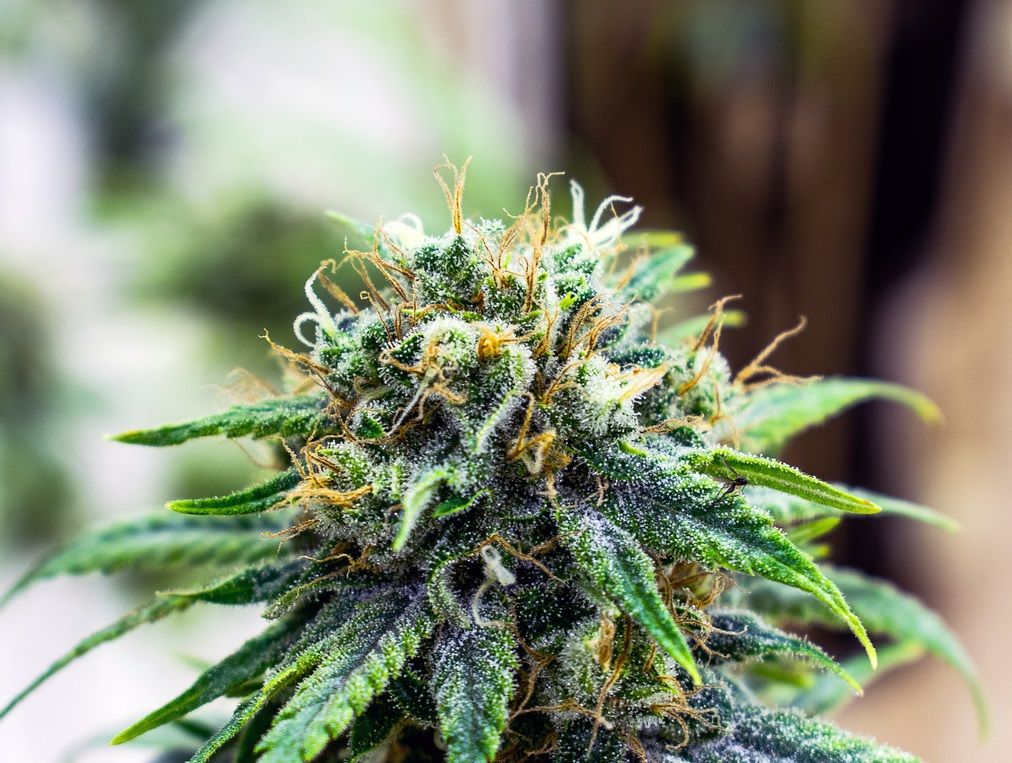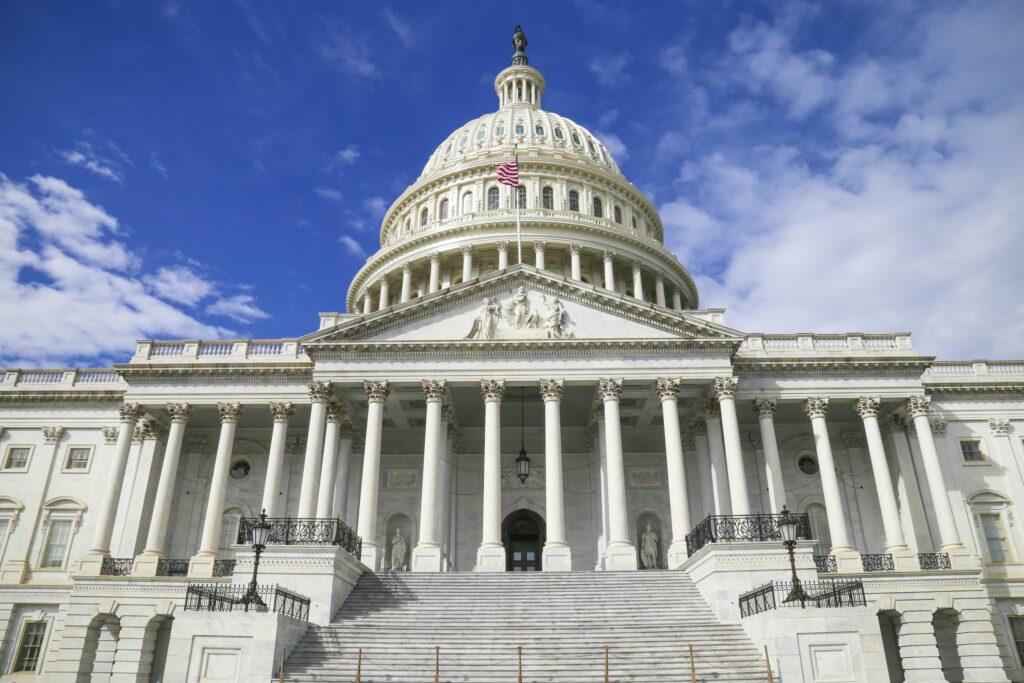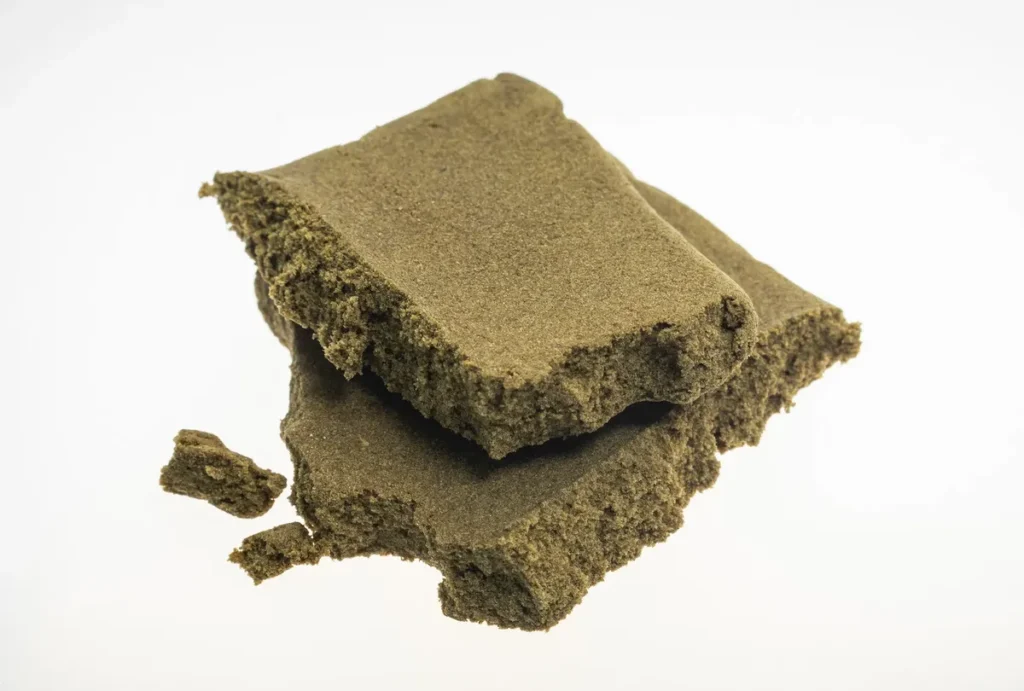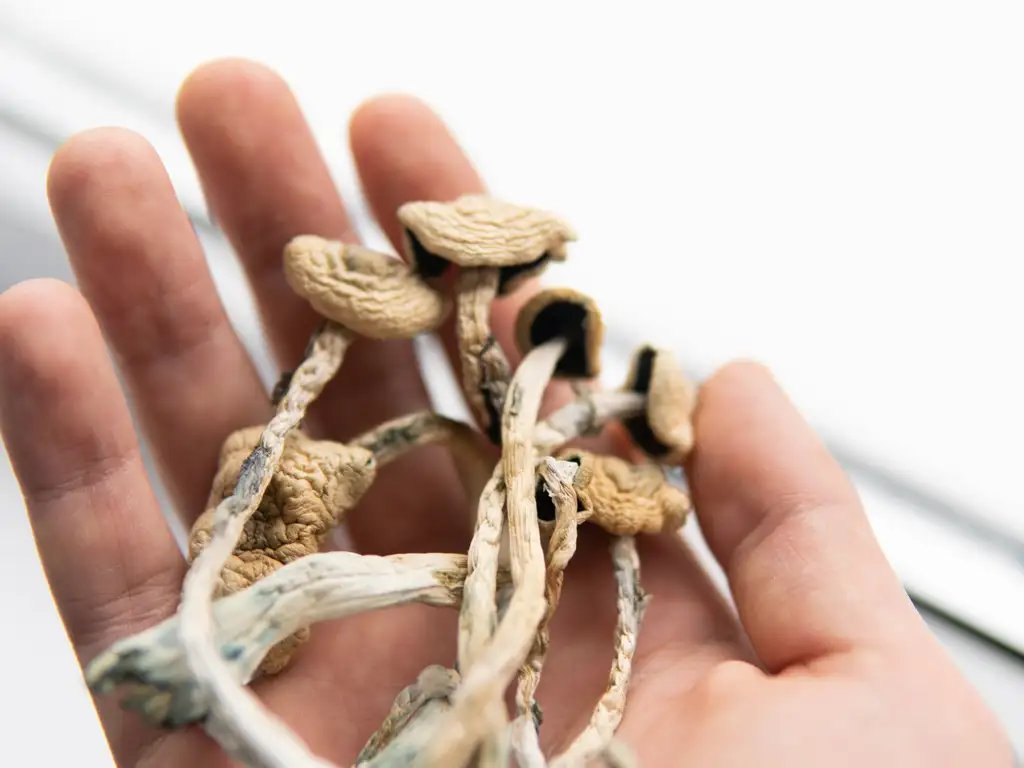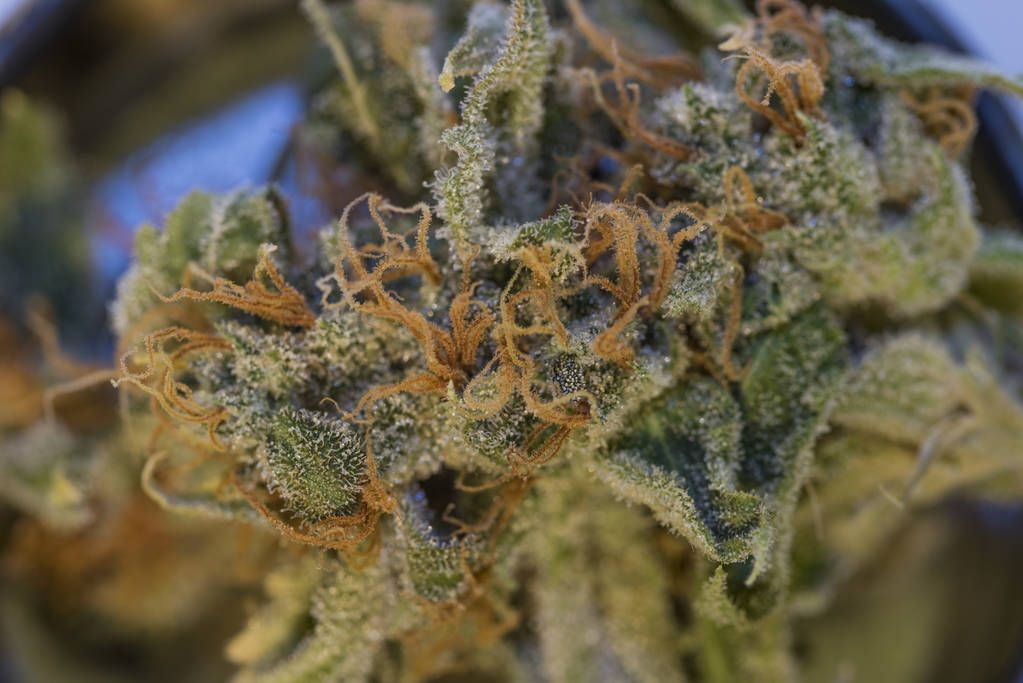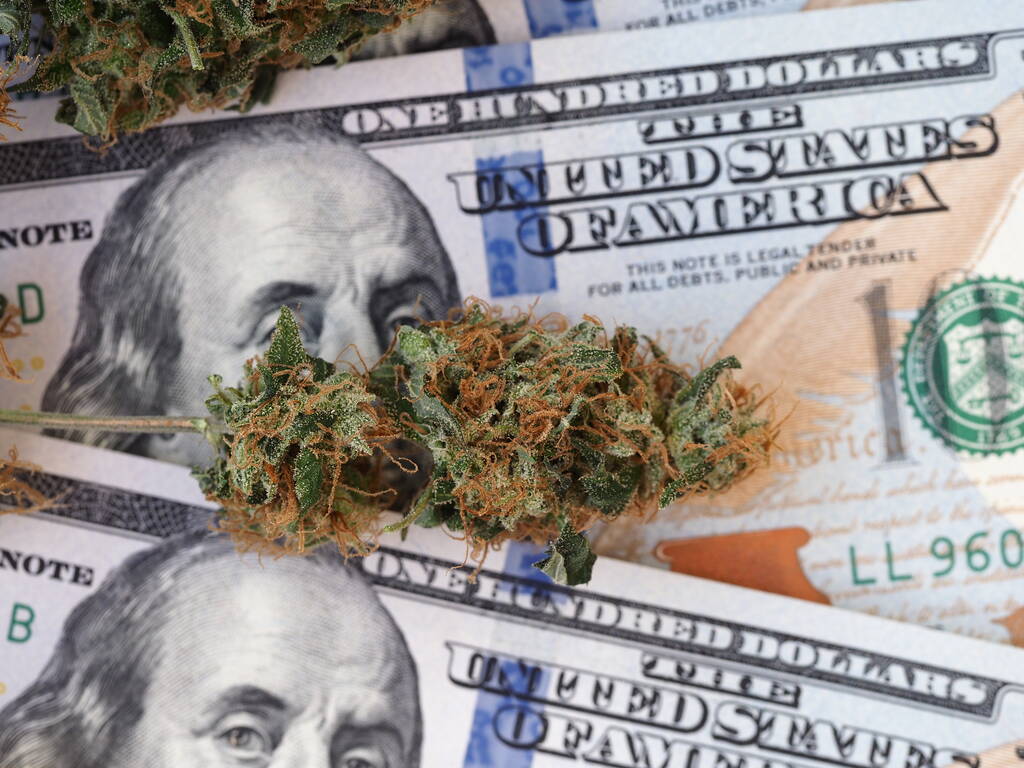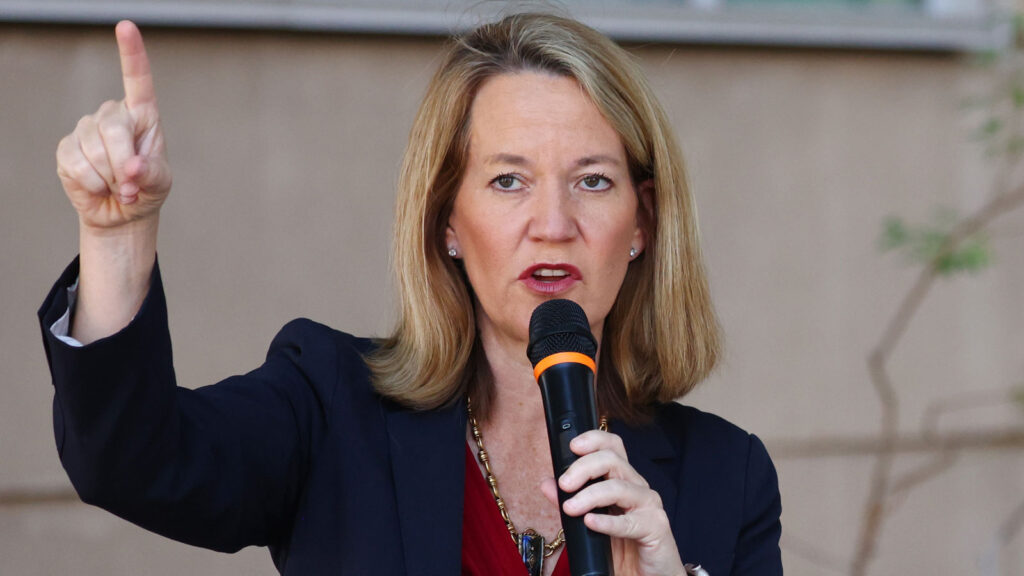A groundbreaking study published in the Brazilian Dental Journal has revealed that cannabidiol (CBD)-infused lozenges may play a crucial role in improving oral health by significantly reducing Streptococcus mutans, the primary bacteria responsible for tooth decay.

Researchers from the University of Lisbon, the West Coast University Dental Hygiene Program, and the Center for Innovative Care and Health Technology conducted a clinical trial to assess the antimicrobial properties of CBD in the oral cavity. The study involved 30 dental hygiene and nursing students, divided into two groups: an experimental group that consumed CBD-infused lozenges and a control group that received sugar-free candy.
Participants in the experimental group consumed a 300 mg CBD lozenge daily for 15 days, allowing it to dissolve slowly in their mouths for maximum absorption. Researchers then measured Streptococcus mutans levels in saliva using quantitative polymerase chain reaction (qPCR) analysis. The results were striking—those who used CBD lozenges exhibited a statistically significant reduction (p=0.0299) in Streptococcus mutans levels compared to the control group.
Continue reading

